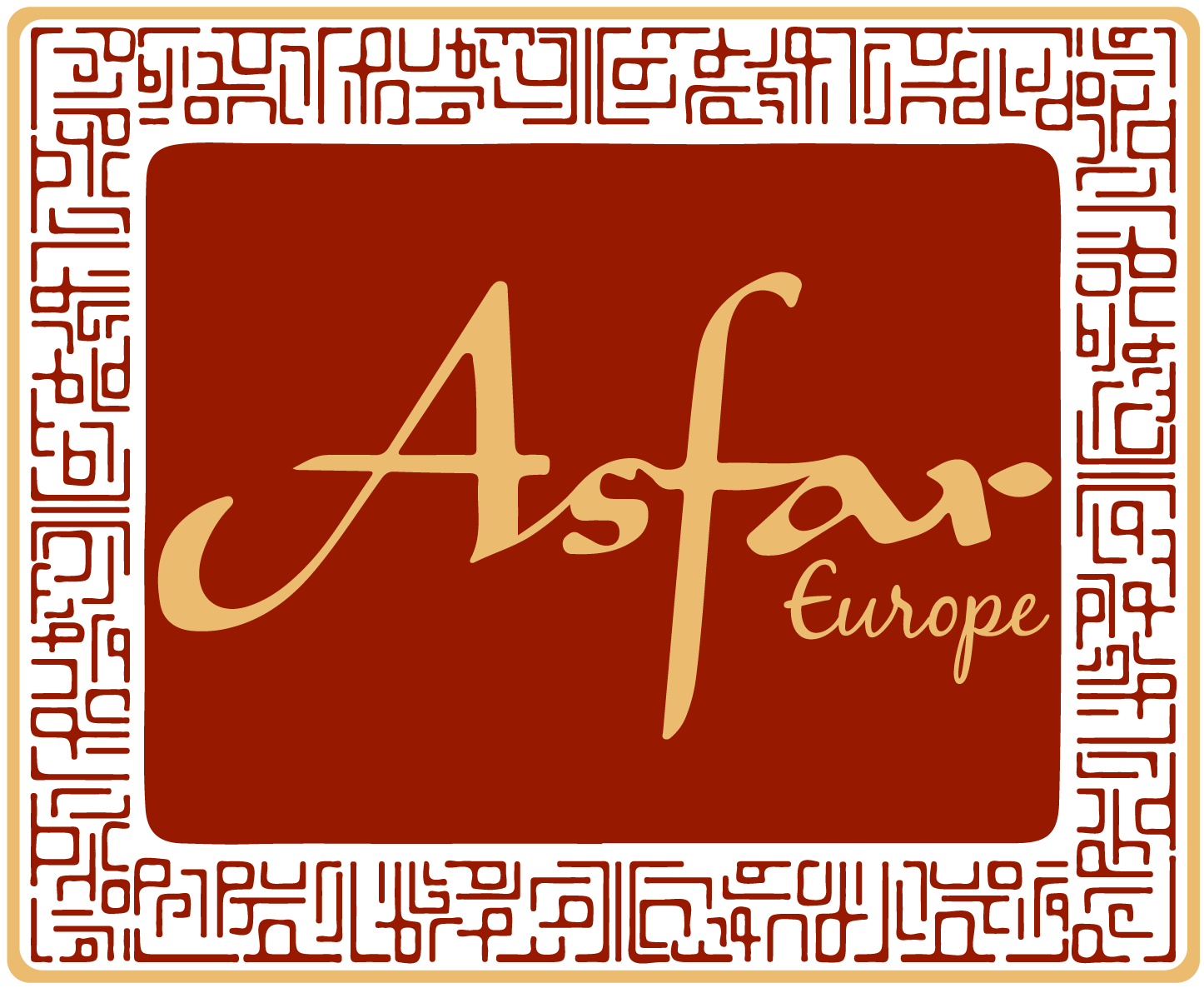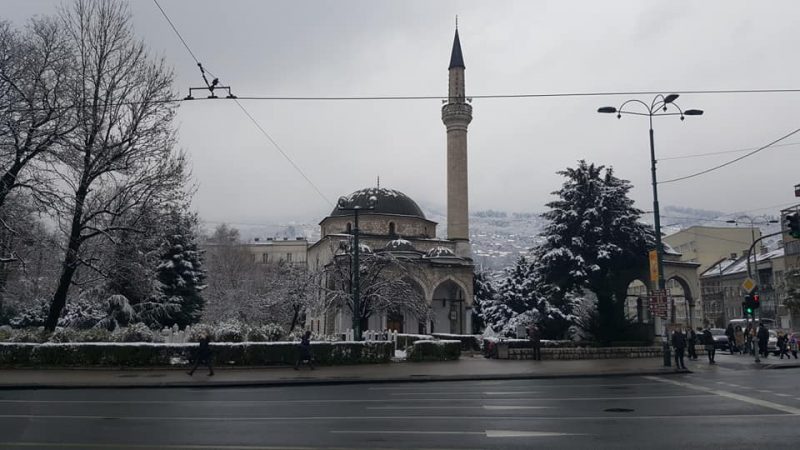My name is Louis Monroy, I am a Colombian political scientist with an interest in postconflict reconstruction and transitional justice issues. A part of my research has dedicated to understanding the experiences of the Western Balkans and Bosnia-Herzegovina in particular as a way of looking into the opportunities and challenges of peacebuilding in divided societies. Due to this set of interests, my journey has taken me to join Asfar in Sarajevo in their reconciliation and youth-orientated activities.
Asfar takes a unique approach to reconciliation practice, focusing on getting young people to work together, crossing not only inter-ethnic but also intercultural and international boundaries. Through such experiences, Asfar seeks to motivate young people to understand and learn through youth exchanges that see them engage in conflict resolution practices, reconciliation initiatives and peacebuilding work in general.
I have particularly been tasked with overseeing some of the ideas, projects and organizational structure of the organization as a way to share my insight gained from previous research and to help give a more comprehensive view on reconciliation and peacebuilding in Asfar´s work. I have gained a lot of experience through this internship experience, from contributing to social media where I pointed our followers to issues of peacebuilding in different countries around the world (Colombia, Rwanda, Uganda, and Cyprus just to name a few) to discussing project ideas and evaluating Asfar´s mission and vision. I was able to see the importance of cultural exchanges into the framing of peacebuilding work for young people. Within the context where I have been working, Bosnia-Herzegovina, youth exchanges where young people can travel and see realities, cultures and lifestyles beyond their national boundaries, this brings a perspective for young people to develop themselves and find some work and life skills that can help them prosper in life. In Bosnia-Herzegovina, where young people have felt ignored by politics and the economy, peacebuilding initiatives that can give opportunities and skills to young people are much needed, as a way to contribute to future reconciliation and also to develop analytical, critical thinking, conflict resolution and entrepreneurial skills.
One thing those who work in this type of initiatives should keep in mind is the current mass exodus of young people from Bosnia-Herzegovina due to the poor employment prospects that they face. This reality forces us to constantly reflect upon what effect do cultural exchanges have on young people´s desire to leave the country. I have seen at Asfar an interest in improving young people´s lives, to give them skills outside of what they learn through formal education and to motivate them to think differently. What we need is now to think what our relationship is, as an international NGO (an outsider if you may), with the situation and the problems on the ground of the countries that are part of our working network. This forces us to constantly reflect on the type of work that we are promoting and the ways in which we are fostering reconciliation for young people which can give them a better life in their own home countries rather than abroad.
To summarize, I deem my experience at Asfar quite a positive and useful one, where I personally enhanced my understanding of how youth exchanges contribute to relationship building processes that are at the heart of reconciliation. I consider that this requires a lot of critical reflection on behalf of NGOs that work in this field, to constantly question their work in order to avoid becoming promoters of brain drain and youth exodus on societies that need their youth in order to develop and emerge peacefully out of situations of armed conflict.

